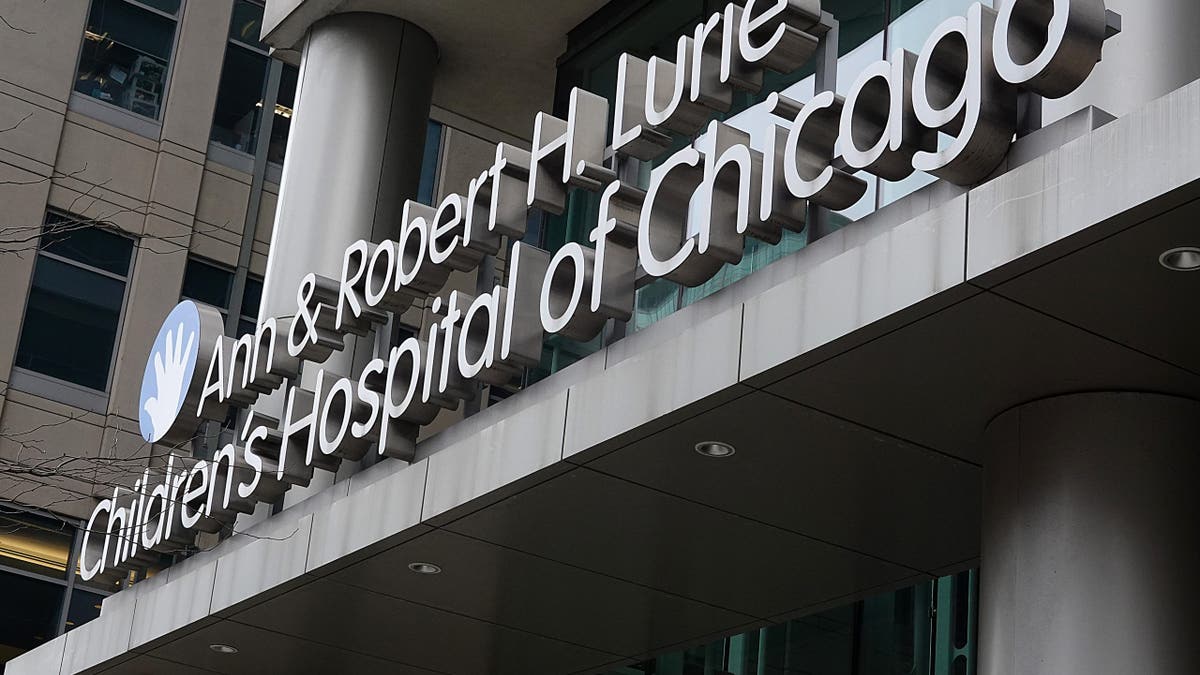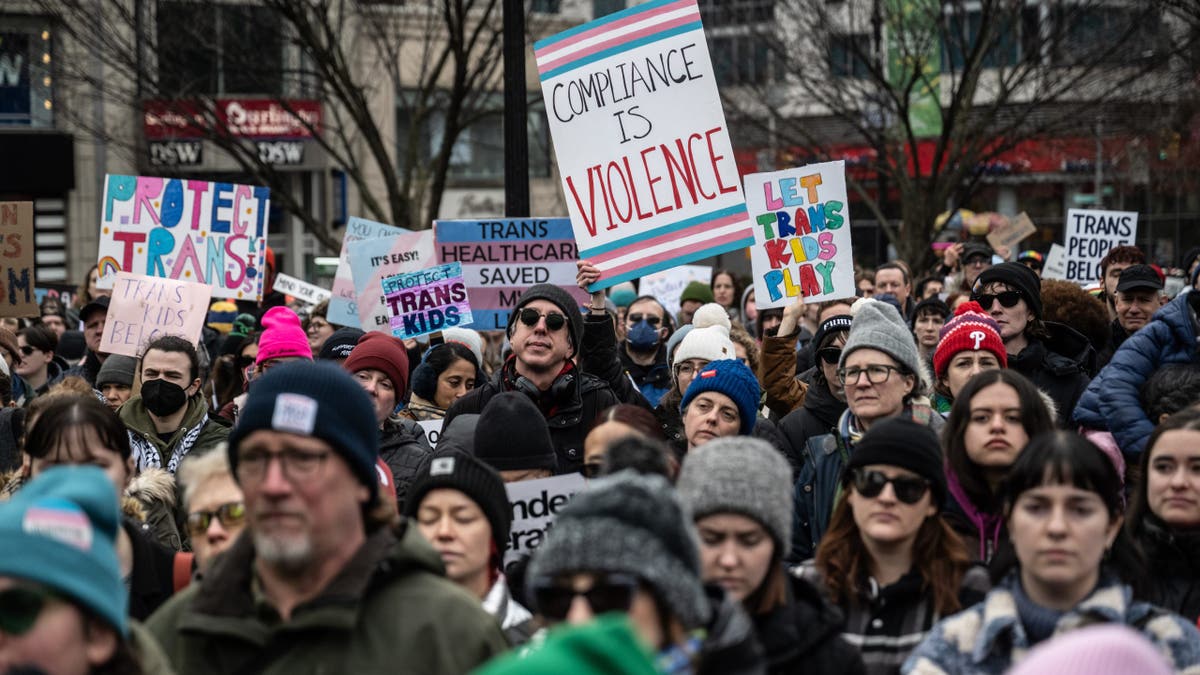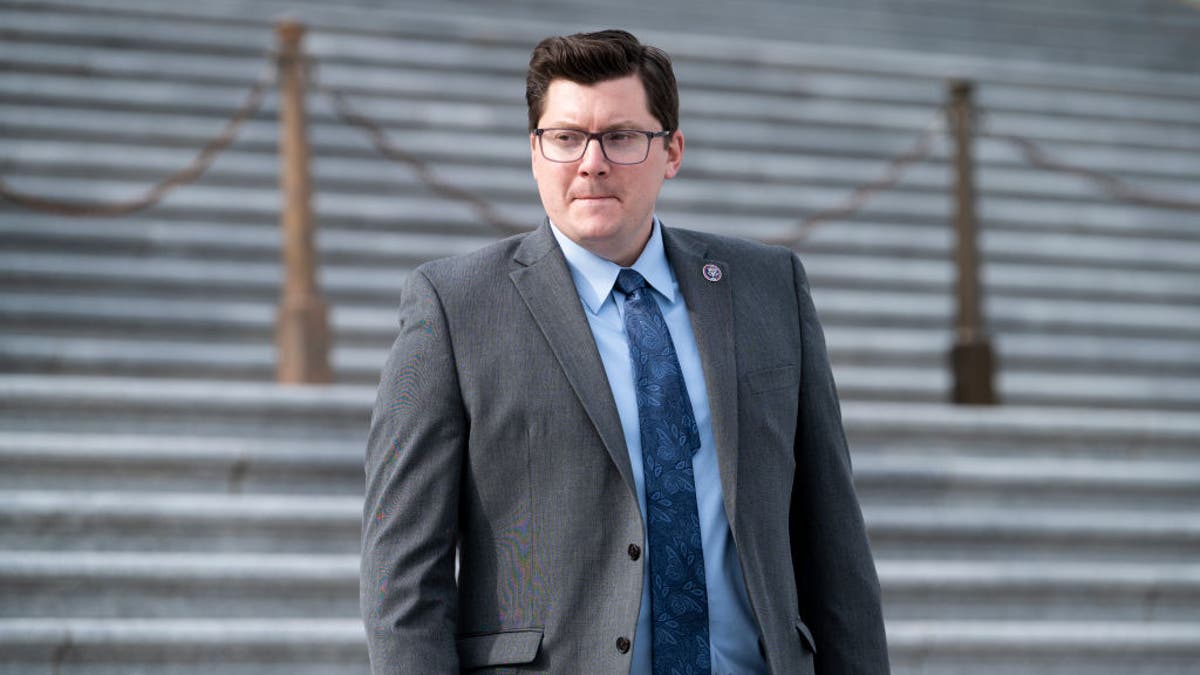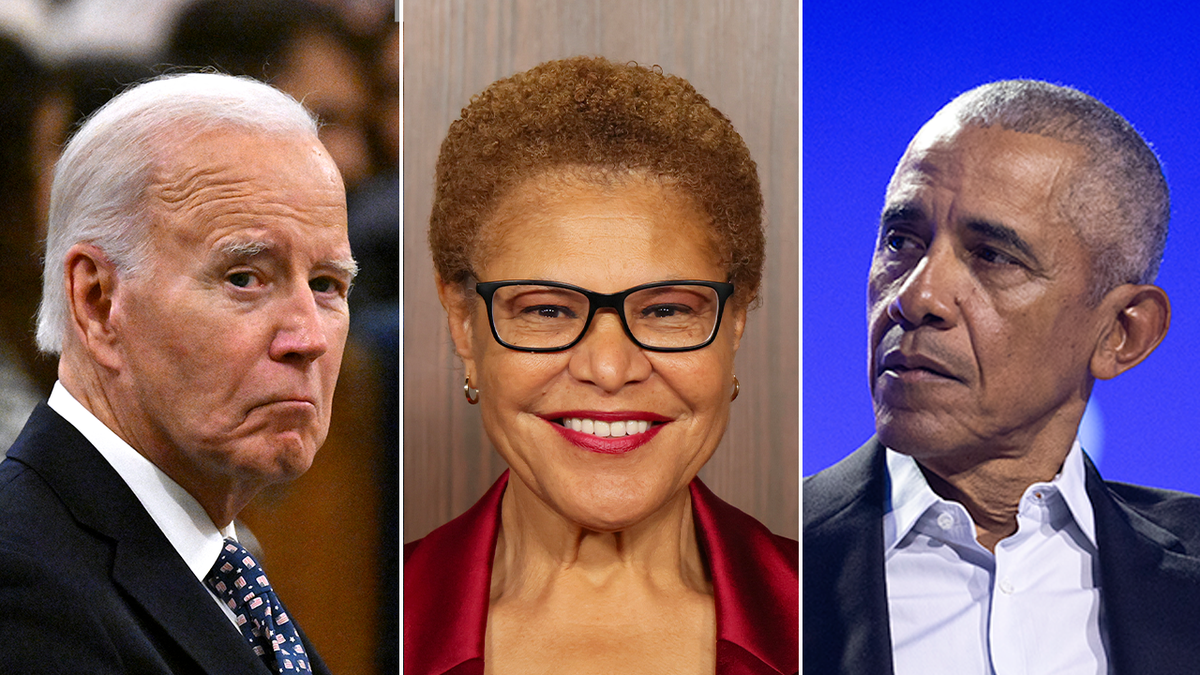Several hospitals and clinics nationwide are openly resisting President Trump's executive order that aims to restrict transgender surgeries and medication for minors. These medical institutions are continuing to provide these services, effectively challenging the order's implementation.
Major healthcare providers like Mass General Brigham and others in the Boston area have affirmed their commitment to ongoing transgender care. While acknowledging a review of the federal actions and potential impact, they've signaled their intent to maintain current practices. Similarly, Oregon Health & Science University, a significant provider of transgender surgeries, anticipates no disruption to its services.
This defiance stems from conflicting guidance at the state and national levels. Some officials deem the executive order unlawful, while others encourage hospitals to disregard it. New York Attorney General Letitia James, for instance, warned New York hospitals that compliance could breach state discrimination laws. Conversely, attorneys general from 15 states argue that a court ruling invalidating Trump's federal funding freeze undermines the order's threat to cut hospital funding.
Amidst this uncertainty, hospitals have adopted varied responses. Lurie Children's Hospital in Chicago will continue providing puberty blockers, hormones, and mental health services, but will discontinue surgeries. Children's Hospital Los Angeles will cease accepting new patients for transgender medication but will continue treatment for existing patients. At Children's Wisconsin in Milwaukee, while new patients seeking transgender care may not be accepted, current patients are expected to experience no disruption in their healthcare.
Denver Health is halting transgender surgeries, but will extend hormone therapy for existing patients through February. Meanwhile, the legality of the executive order is being challenged in court by state attorneys general, families of transgender patients, and even a clinic providing transgender treatment. The case of St. John’s Community Health in Los Angeles exemplifies the potential consequences of non-compliance. The administration revoked a $1.6 million grant earmarked for the clinic's transgender treatment services, prompting a lawsuit from St. John's, who intends to maintain its services.











